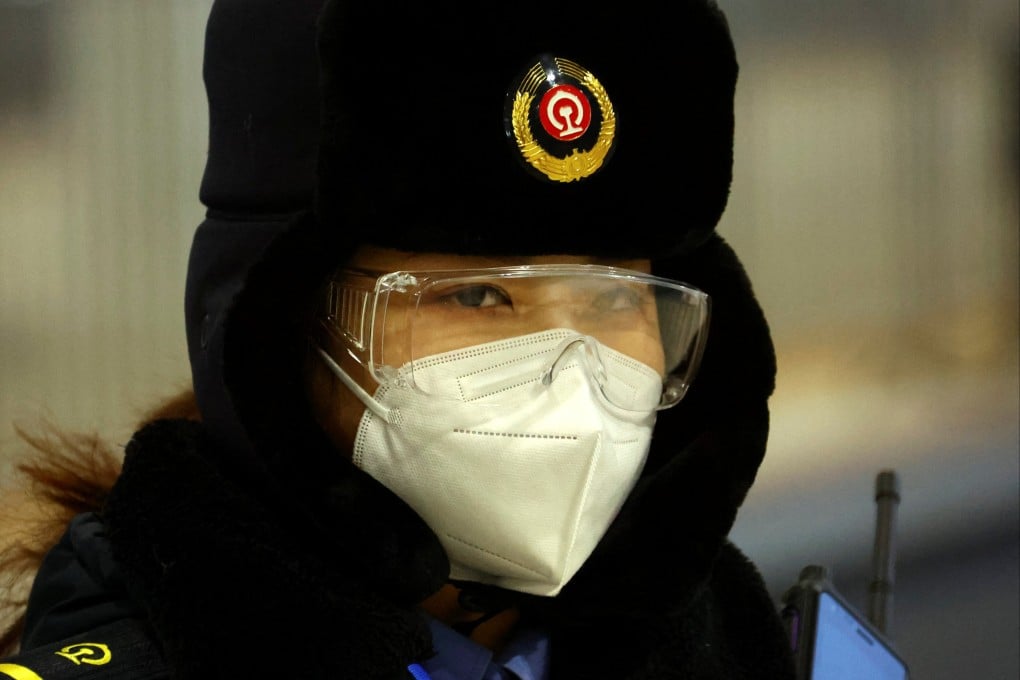Winter Olympics: Covid control with Chinese characteristics. What Beijing has learned from Tokyo ahead of second pandemic Games
- Entire event will take place within a closed loop covering competition venues, living quarters and other facilities
- Organisers taking stringent approach despite little evidence that rise in cases in Japan was down to Tokyo Games last summer

Daily tests, health app tracking and sequestered living facilities await thousands of athletes, coaches, officials and more when they arrive in Beijing for the 2022 Winter Olympics.
The entire event, which starts next week, will take place within a Covid-19 bubble – or “closed loop” as it’s called in China – that encompasses living quarters, competition venues and other official facilities, where everyone inside is isolated from the public.
As the world’s second “pandemic Games”, the Winter Olympics will feature a virus prevention protocol much more stringent than that at the Tokyo Summer Olympics held six months ago, despite having no evidence from Tokyo 2020 that the rise in cases in the Japanese capital was related to the event.

China has insisted on stricter measures such as maintaining a closed loop because the policy aligns with its outbreak-control philosophy, according to Jin Dongyan, a University of Hong Kong professor and virologist.
“They believe that having this closed loop will be the safest way to have the Olympics, and they use this closed loop for almost everything,” Jin said.
Pandemic control with Chinese characteristics
China is one of the few countries in the world to maintain a zero-Covid strategy. While it does not aim to eliminate cases within its borders, the national policy is designed to stamp out infections whenever they occur, as soon as possible.
Cities with millions of residents have undergone lock downs and repeated daily mass testing to identify close contacts.